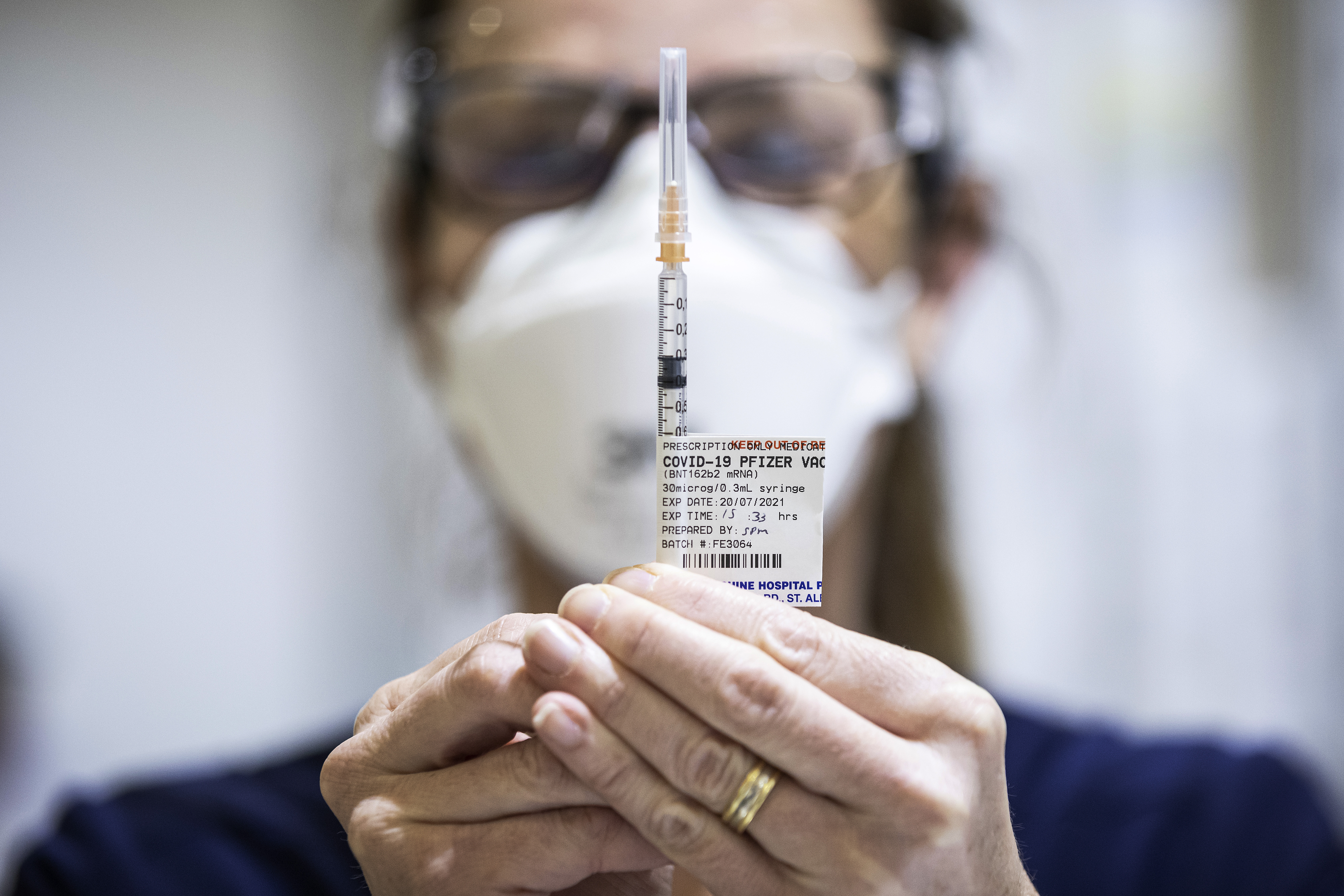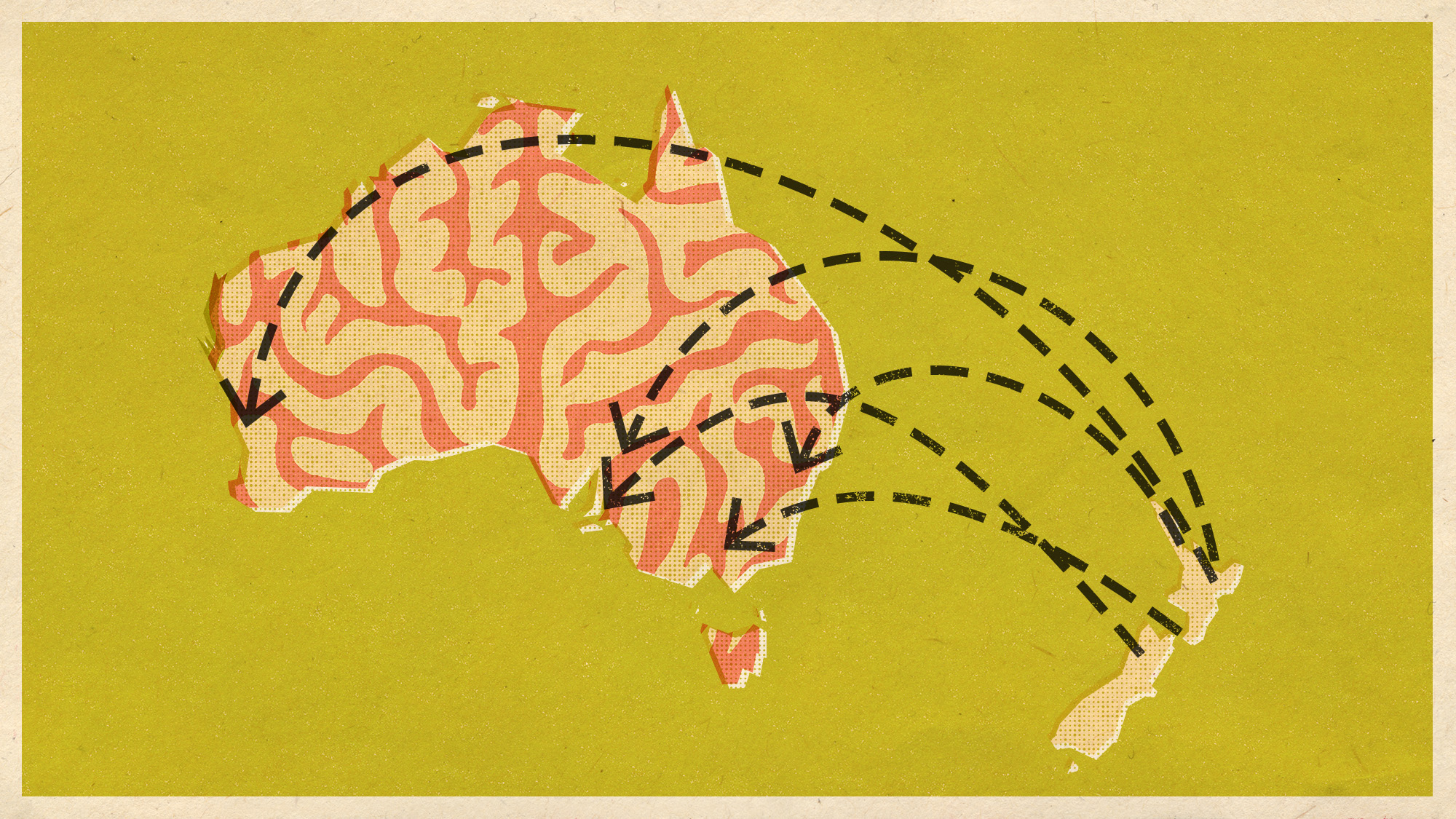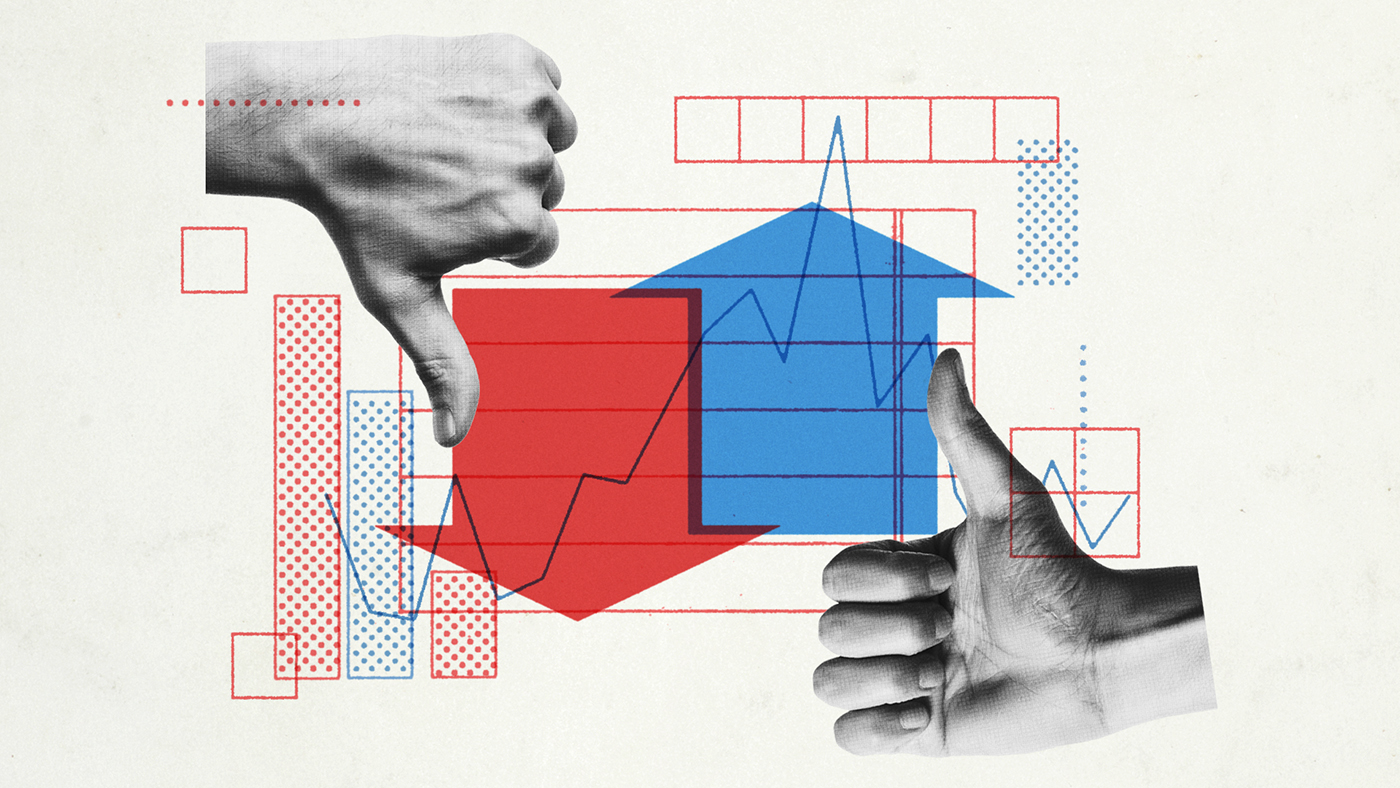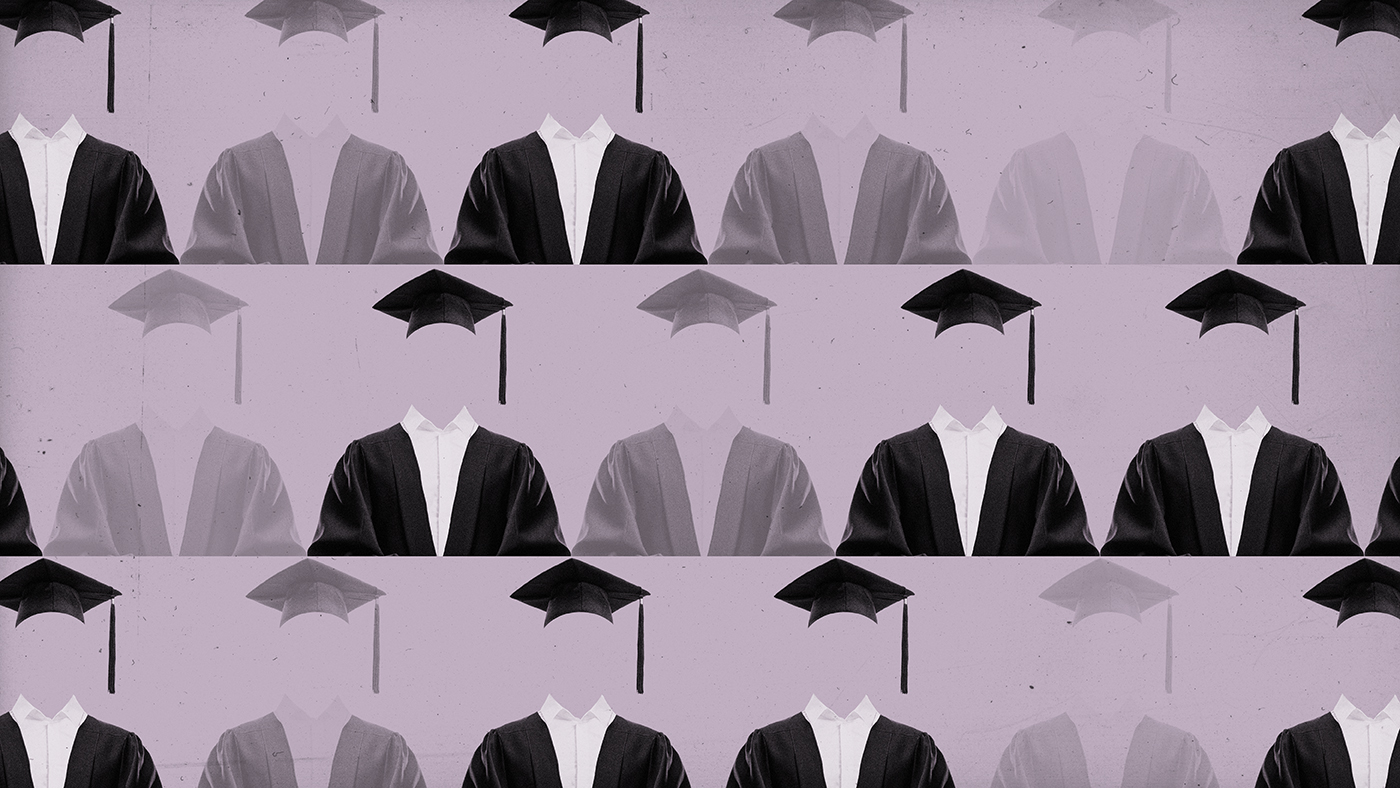Should firms make vaccination mandatory?
Corporate America has a new message for unvaccinated workers

A free daily email with the biggest news stories of the day – and the best features from TheWeek.com
You are now subscribed
Your newsletter sign-up was successful
The smartest insight and analysis, from all perspectives, rounded up from around the web:
Corporate America has a new message for unvaccinated workers, said Jonathan Levin at Bloomberg: "Get the shot or get out." As soon as the Food and Drug Administration granted full approval to Pfizer's COVID vaccine last week, a wave of inoculation mandates swept across the corporate world. Workers at Disney theme parks will be required to show proof of vaccination starting next month to remain employed, Chevron and Hess will demand the same of workers on oil platforms in the Gulf of Mexico, and CVS has mandated shots for corporate employees and those working with customers. Delta Air Lines has taken a different approach, announcing last week that workers who shun COVID vaccines will have to pay an extra $200 to remain on the company's health plan. At least part of the airline's motivation is financial, said Jordan Weissman at Slate. Delta is self-insured, meaning it pays the medical claims of its own workers, and the average hospital stay for COVID costs the airline $50,000. More companies should jump on board and financially penalize vaccine holdouts. "If the threat of a potentially deadly illness won't convince them, well, hopefully the threat to their bank account will."
Delta's plan might not yield many new shots, said Niraj Chokshi at The New York Times. It's illegal for businesses and insurers to charge higher prices to people with pre-existing health conditions, so the airline's vaccine surcharge is being structured as an employee "wellness" incentive program. Corporations use such programs — which must be voluntary and can involve rewards or penalties of up to 30 percent of a worker's health insurance premium — to nudge employees to change their behavior. But studies have found that such incentives "have very little impact on employee health." In some cases, they simply nudge "workers who are facing penalties to drop their workplace coverage." Delta's surcharge is "a slippery slope," said David Lazarus at the Los Angeles Times. If we start hiking the health premiums of people who are more likely to get sick, will workers with diabetes, heart disease, or a genetic predisposition for cancer also have to pay more for their coverage? And should drinkers have higher premiums than their teetotaling colleagues?
The Week
Escape your echo chamber. Get the facts behind the news, plus analysis from multiple perspectives.

Sign up for The Week's Free Newsletters
From our morning news briefing to a weekly Good News Newsletter, get the best of The Week delivered directly to your inbox.
From our morning news briefing to a weekly Good News Newsletter, get the best of The Week delivered directly to your inbox.
The real problem with these mandates is that they're primarily being imposed "on people who don't need them," said Catherine Rampell at The Washington Post. Walmart and Walgreens have mandated vaccines for corporate employees "but not for store and warehouse workers." Uber and Lyft's policies apply to in-office staff but not to the drivers who interact with the public. These firms are understandably keen to avoid alienating workers amid a labor shortage. But this two-track approach — with one rule for blue-collar workers and another for white-collar employees who are likely already inoculated — won't speed the end of the pandemic. To do that, we'll need more governments to order mandates, as New York City's did with restaurants and gyms. Until then, "companies will continue to prioritize the bottom line rather than public welfare. As they're programmed to do."
This article was first published in the latest issue of The Week magazine. If you want to read more like it, you can try six risk-free issues of the magazine here.
A free daily email with the biggest news stories of the day – and the best features from TheWeek.com
-
 Political cartoons for February 16
Political cartoons for February 16Cartoons Monday’s political cartoons include President's Day, a valentine from the Epstein files, and more
-
 Regent Hong Kong: a tranquil haven with a prime waterfront spot
Regent Hong Kong: a tranquil haven with a prime waterfront spotThe Week Recommends The trendy hotel recently underwent an extensive two-year revamp
-
 The problem with diagnosing profound autism
The problem with diagnosing profound autismThe Explainer Experts are reconsidering the idea of autism as a spectrum, which could impact diagnoses and policy making for the condition
-
 What's Jeff Bezos' net worth?
What's Jeff Bezos' net worth?In Depth The Amazon tycoon and third richest person in the world made his fortune pioneering online retail
-
 'Brain drain' fear as record numbers leave New Zealand
'Brain drain' fear as record numbers leave New ZealandUnder The Radar Neighbouring Australia is luring young workers with prospect of better jobs
-
 Ghost kitchens are pulling a disappearing act
Ghost kitchens are pulling a disappearing actunder the radar The delivery-only trend is failing to live up to the hype built up during the pandemic
-
 The birth of the weekend: how workers won two days off
The birth of the weekend: how workers won two days offThe Explainer Since the 1960s, there has been talk of a four-day-week, and post-pandemic work patterns have strengthened those calls
-
 Why household wealth took off during the pandemic
Why household wealth took off during the pandemicUnder The Radar The Covid-19 pandemic caused a lot of pain and hardship, but new research shows it also left most Americans wealthier
-
 Empty office buildings are blank slates to improve cities
Empty office buildings are blank slates to improve citiesSpeed Read The pandemic kept people home and now city buildings are vacant
-
 Inflation vs. deflation: which is worse for national economies?
Inflation vs. deflation: which is worse for national economies?Today's Big Question Lower prices may be good news for households but prolonged deflation is ‘terrible for the economy’
-
 America's 'cataclysmic' drop in college enrollment
America's 'cataclysmic' drop in college enrollmentToday's Big Question "The slide in the college-going rate since 2018 is the steepest on record"